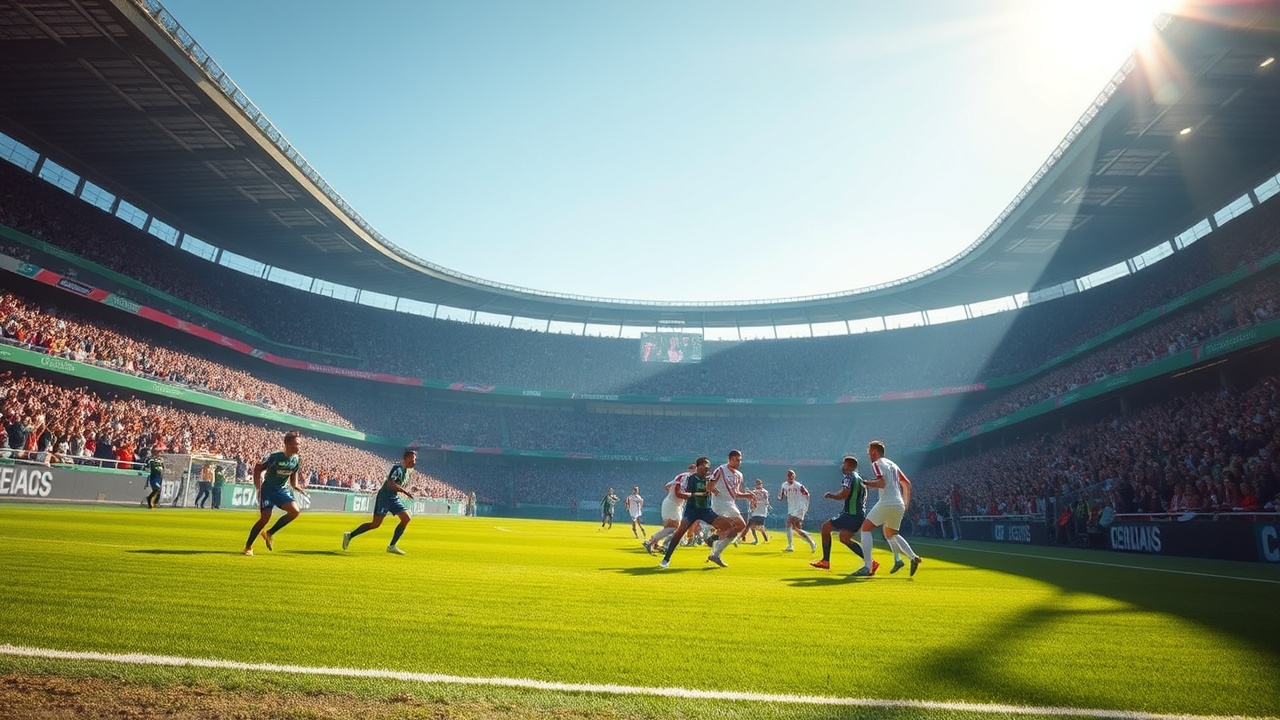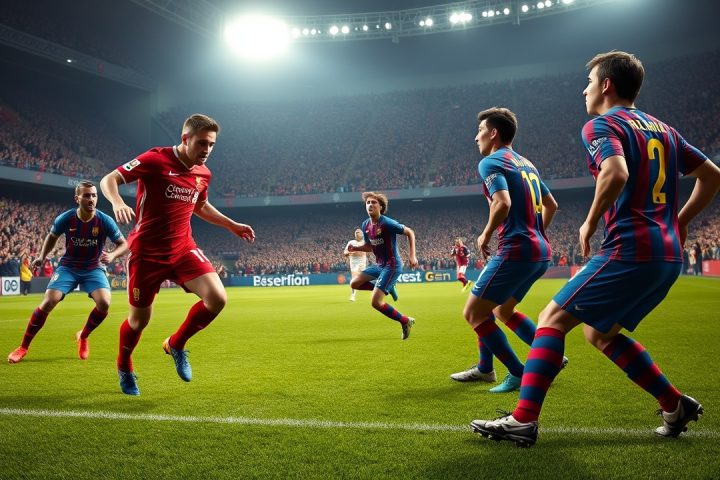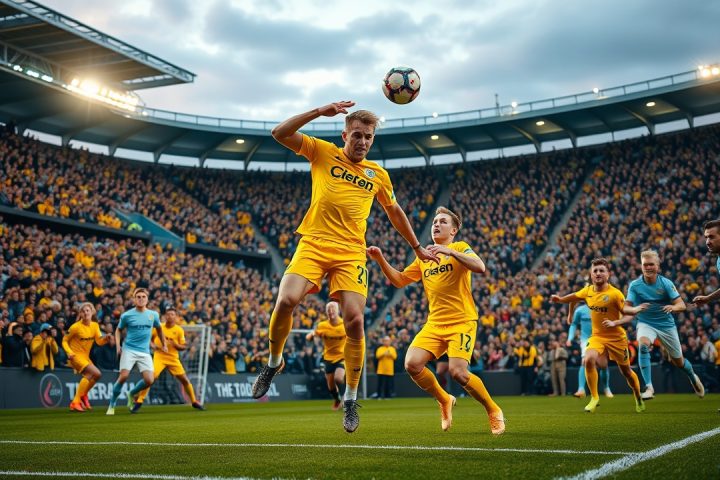Impact of Illegal Streaming on Italian Football
Luigi De Siervo, the CEO of Serie A, has highlighted the impact of illegal streaming on the financial health of Italian football, emphasizing that this issue contributes to the country’s challenges in developing domestic football talent. Italy, a nation with a storied World Cup history and four championships to its name, finds itself in a troubling position, having failed to qualify for the last two tournaments, and now risks missing out on a third following a loss to Norway in their opening qualifier.
Government Efforts Against Online Piracy
The government has stepped up its efforts to combat online piracy, which is siphoning off billions of euros from broadcasters and sports organizations worldwide. This situation jeopardizes the value of broadcast rights, which constitute a significant portion of the revenue for Serie A clubs. De Siervo has expressed that the loss of approximately €300 million ($345.15 million) in the last year reflects a grim reality, stating,
“There is still a mountain to climb.”
Youth Development and Financial Losses
During an event focused on piracy, he pointed out that the financial losses incurred each year mean less investment in youth development and training for young players, significantly stunting the potential growth of talent for the national team. He remarked,
“Many question why our national team is in this situation and why there is a lack of talent; one reason being the losses due to piracy.”
Challenges for Serie A Clubs
Furthermore, De Siervo criticized the outdated infrastructure of clubs which hampers their ability to generate higher revenues.
“This needs to change, and recent legislation is a step in the right direction,”
he added.
Future of Serie A
He warned that the continuous decline in financial resources could see Italy and Serie A slipping further down the UEFA coefficient rankings. Currently trailing behind the likes of the Premier League and La Liga, De Siervo noted that if this trend persists, Serie A could soon find itself ranked lower than the Bundesliga, potentially placing it at the bottom alongside Ligue 1 among Europe’s elite leagues.




